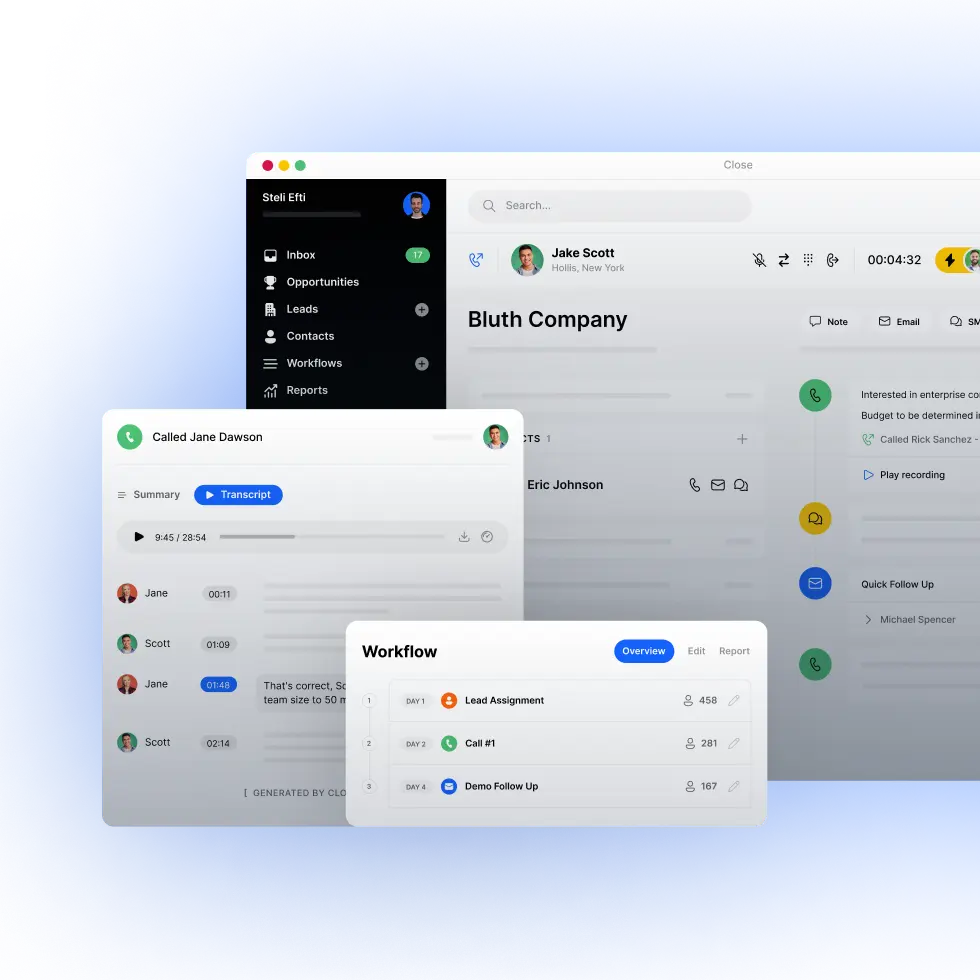
Sales Skills
Why speed is quickly becoming a sales pro’s competitive advantage
In this hyper-competitive market, your sales team has a need for speed. Customers expect it, companies demand it, and if you aren't keeping up with those expectations and demands, you'll only find yourself falling behind. Plus, it boosts productivity and decision making-- what more could you want?

